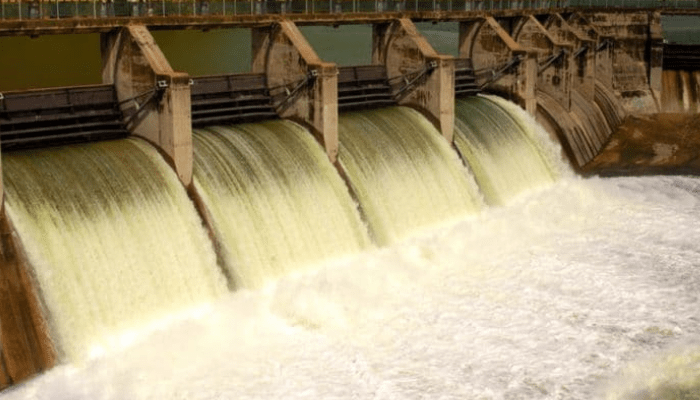Nigeria targets 14,000mw electricity from hydro
Nigeria has set an ambitious target of generating 14,000 megawatts (MW) of electricity from hydropower in a bold move to address the nation’s chronic energy challenges.
This initiative is part of the government’s broader strategy to diversify energy sources and transition to cleaner, more sustainable power generation.
Read also: FG to spend N2.4trn on electricity subsidy by 2024
Adebayo Adelabu, minister of power announced the target during a press briefing in Abuja on Monday. He emphasised the critical role hydropower will play in Nigeria’s energy future, highlighting its potential to provide affordable and reliable electricity to millions of households and industries.
Adelabu highlighted the significance of the SPIN programme in diversifying Nigeria’s energy mix, enhancing energy security, and combating climate change.
He noted that hydropower currently contributes about 20 per cent of Nigeria’s 5,000MW grid supply, with a potential estimated at 14,000MW.
However, he said only 15 per cent of the 14,000 MW potential had been tapped.
“This collaboration underscores the Federal Government’s commitment to leveraging our natural resources for sustainable development.
“Through SPIN, we aim to optimise water resources to provide clean and reliable energy while supporting irrigation and agriculture for enhanced food security,” Adelabu said.
Similarly, the water resources minister emphasised the importance of integrating water and energy to foster socio-economic growth.
“This project will deliver the dividends of democracy that Nigerians are waiting for.
Read also: Address electricity issues to curb poverty- Ex TCN boss
“The Federal Government, with support from the World Bank, remains dedicated to addressing developmental challenges in the country and delivering transformative results through innovative and strategic partnerships,“ he said.
The statement concluded that the SPIN initiative aligns with Nigeria’s Energy Transition Plan and the 2023 Electricity Act both of which prioritise renewable energy and infrastructure development to drive economic growth and environmental sustainability.







